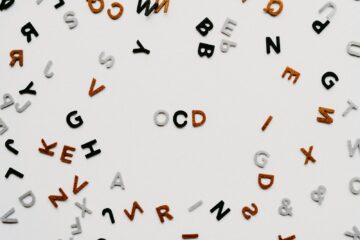Emotional Binge Eating Disorder: Digital Interventions and the Role of Chatbots in Promoting Mental Health Services
AbstractEmotional binge eating disorder is a complex condition characterized by episodes of excessive food consumption in response to emotional distress. Despite the availability of traditional interventions, barriers to accessing mental health services remain high. Recent advances in digital mental health have introduced chatbots as promising tools for screening, prevention, and referral to treatment. This article reviews current research on digital interventions for eating disorders, with particular emphasis on chatbot applications. Integrating findings from recent studies Read more









